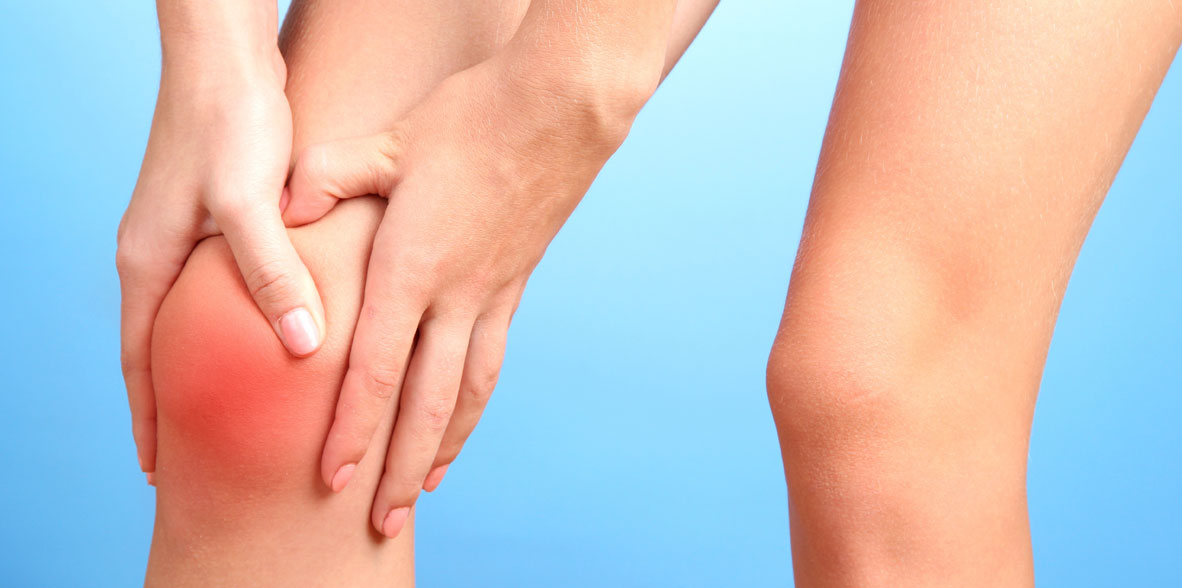Language selector
Language selector

Consultorio

Castro Domínguez FranciscoReumatología
- ReumatologíaCentro Médico Teknon
 ReumatologíaHospital Universitari Sagrat Cor - Centro Médico Teknon
ReumatologíaHospital Universitari Sagrat Cor - Centro Médico Teknon
Epitrochleitis, also known as golfer's elbow, is a common injury that occurs from overloading and overuse of the forearm muscles and tendons that attach to the medial epicondyle of the elbow. This overuse can cause small injuries and wear and tear on the tendons, resulting in pain, swelling and muscle weakness.
Symptoms of epitrochleitis include pain on the inside of the elbow that may extend into the forearm and wrist, muscle weakness, and difficulty gripping and holding objects. The pain may be more intense during activities that involve use of the affected muscles and tendons, such as heavy lifting or repetitive motions.
Treatment of epitrochleitis may include:
- Rest and activity modifications: It is important to rest the arm and avoid activities that worsen the pain, such as heavy lifting or repetitive motions. In some cases, activity modification may be recommended to reduce stress on the affected tendons.
- Nonsteroidal anti-inflammatory drugs such as ibuprofen or naproxen may help reduce pain and inflammation but should be taken under the advice of your physician as they may have side effects or be contraindicated in some patients.
- A physical therapist can teach specific strengthening and stretching exercises for the affected muscles and tendons to reduce pain and improve function.
- In cases where pain and inflammation are persistent, corticosteroids can be injected directly into the affected area to reduce inflammation and relieve pain. In selected cases, or in those that are chronic, infiltrations with growth factors (PRP) may also be helpful.
- In severe or chronic cases, when other treatments have not worked, surgery may be considered to repair the affected tendons.



































